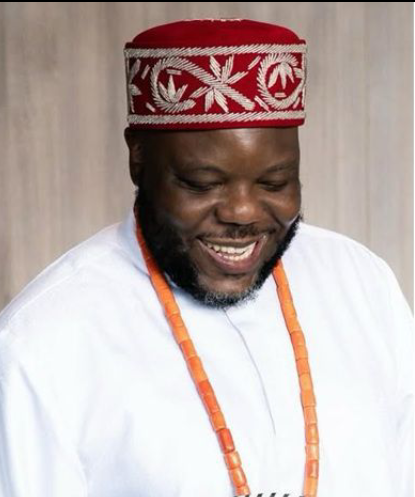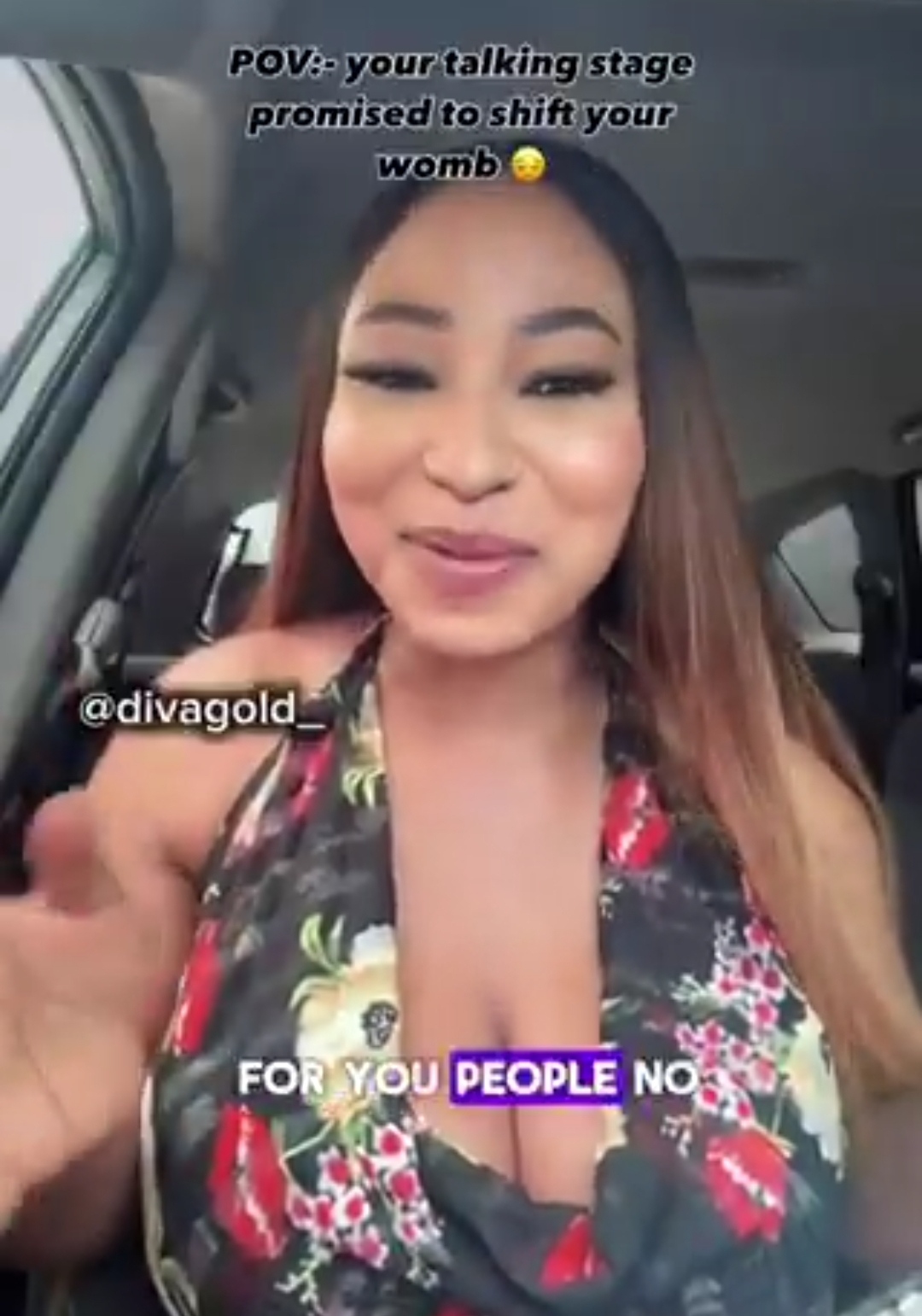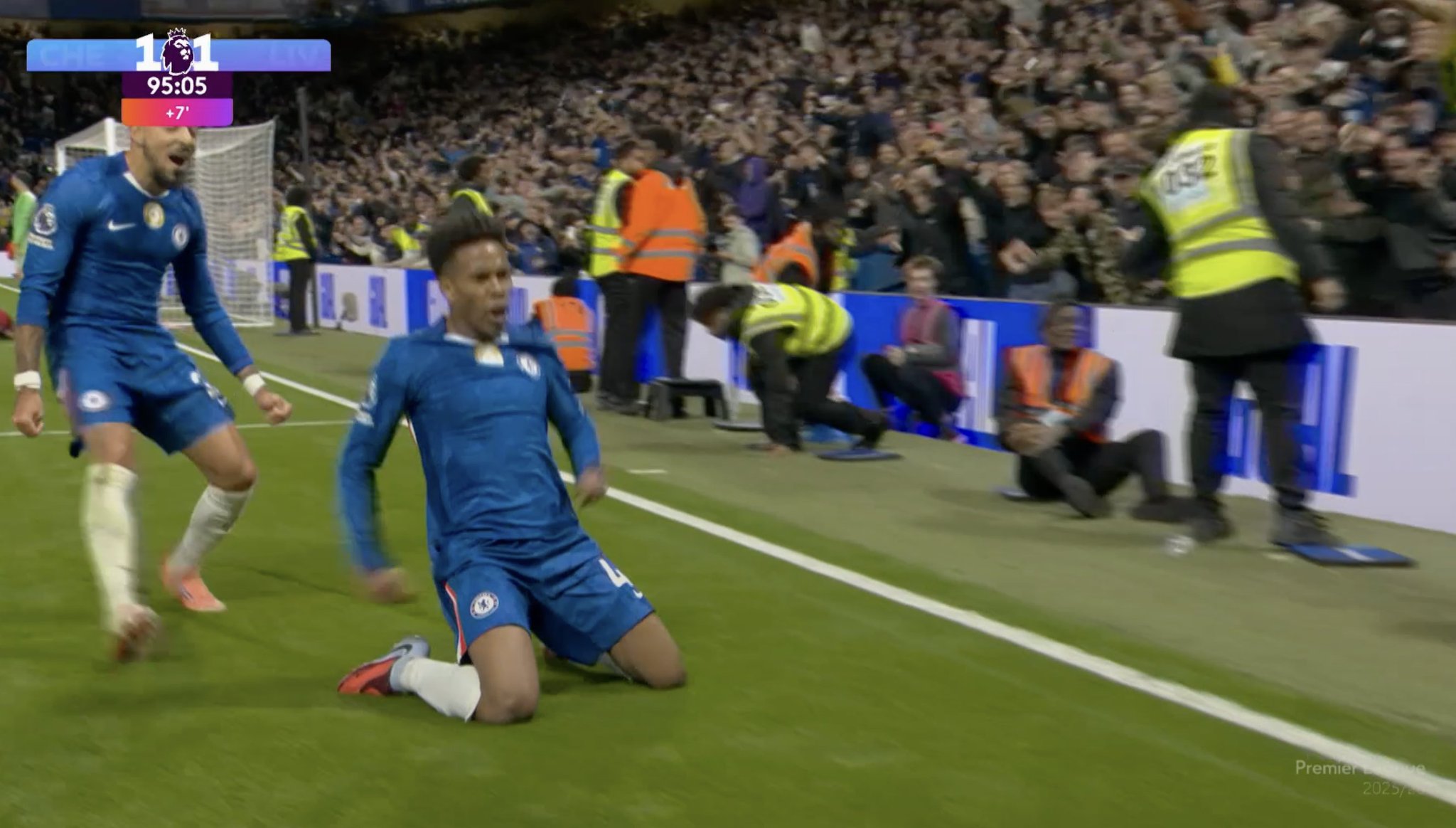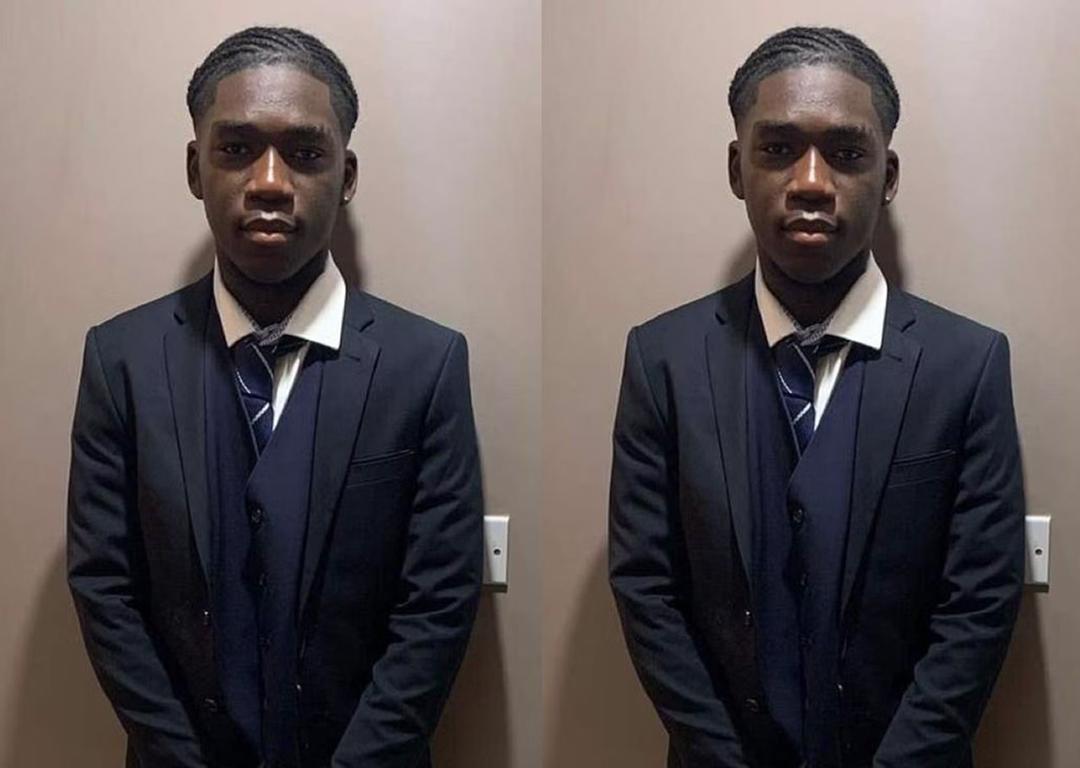
“Even If You Use ChatGPT, Use Your Brain” – Bizzle Osikoya Reacts to AI-Generated Email from Aspiring Artist

In the ever-evolving landscape of artificial intelligence, where creativity and convenience often collide, Nigerian talent manager Bizzle Osikoya has once again ignited an important conversation — this time about the blind reliance on AI-generated content in the music industry. Bizzle, known for shaping the careers of some of Nigeria's biggest music talents, took to his X (formerly Twitter) page to share an email he received from an upcoming artist. The email, while polite and neatly structured, had all the unmistakable signs of a template straight from ChatGPT — with one fatal flaw: it lacked originality.
The email, titled "Aspiring Artist Seeking Guidance and Feedback," began with the familiar, almost mechanical politeness that AI often produces: “Dear management, I hope this message finds you well…” What followed was a string of generic statements, placeholders like “[Your Name]” and “[mention specific artists or projects],” and a vague request for feedback accompanied by a missing link. While the sender might have hoped the message would come across as professional, Bizzle’s reaction said otherwise.
“Guysssssss, even if ya gonna use ChatGPT, please use your brain as well,” he wrote in frustration, attaching a screenshot of the message. The post quickly went viral, triggering a wave of reactions across social media. Some users laughed at the oversight, others sympathized with the aspiring artist, but a large number agreed with the core of Bizzle’s message: AI is a tool, not a substitute for effort or authenticity.
In an industry where first impressions often make or break opportunities, an email like this — devoid of personal touch and real substance — could mean a closed door. What could have been a breakthrough moment for the upcoming artist turned into a social media cautionary tale. And while the young artist remains unnamed, the situation has sparked a wider discourse among artists, managers, and fans alike.
The use of AI tools like ChatGPT has become increasingly popular among young creatives, especially those trying to break into competitive industries like music. These tools are capable of generating bios, cover letters, pitches, and more. But when used blindly, without editing or personalization, they can lead to embarrassment — or worse, lost opportunities.
Bizzle’s tweet did more than expose the email; it exposed a mindset. A growing number of emerging artists are looking for shortcuts, assuming that polish equals professionalism. But industry gatekeepers like Bizzle — people who receive dozens of messages daily — can sniff out inauthenticity from a mile away. What they’re looking for isn't perfection — it’s passion, uniqueness, and most of all, intentionality.
The backlash wasn’t limited to just the sender of the email. Some X users turned their critique inward, admitting they, too, had considered using AI-generated pitches without editing. Others shared similar experiences of emails with missing links, placeholder names, and robotic language. “This is why many people don’t get responses,” one user wrote. “You can’t use a robot to sell your soul.”
Still, not everyone agreed with Bizzle’s tone. Some argued that the upcoming artist might not have known better, or perhaps made an honest mistake. “We’re in an era where not everyone has access to guidance,” one commenter noted. “Instead of dragging them online, maybe a DM correction would’ve helped.” But Bizzle’s defenders clapped back, saying the lesson had to be public for it to resonate widely — and clearly, it did.
Amid the firestorm, the tweet has also served as an unexpected wake-up call to a generation of creatives who rely heavily on technology. While tools like ChatGPT can provide structure, ideas, and clarity, the heart of any message — especially one seeking mentorship — must come from the sender. The industry is built on stories, on real human emotion, and on distinct voices that cut through the noise. AI can help craft a message, but it can’t feel.
Veteran creatives and managers across the entertainment space echoed Bizzle’s frustration. One anonymous label executive commented that they receive “at least 10 emails a day that look like this,” adding that “90% of them are ignored.” He explained that the best emails are the ones that show real research — the ones that reference specific projects, highlight personal stories, and make a clear and compelling case for why they deserve a shot.
Bizzle himself has worked with some of the top names in the Nigerian music scene. He’s seen the grind, the hustle, the hunger — and he knows what real effort looks like. His criticism wasn’t just about one bad email. It was a plea to upcoming artists to take themselves seriously. “If you want someone to invest their time in you,” he tweeted later, “you have to show that you’ve invested time in yourself.”
As the conversation continues, one thing remains clear: AI is here to stay, but success will still depend on human input. Aspiring artists must not fall into the trap of thinking that AI-generated perfection can replace personal connection. In fact, in a world where everyone is starting to sound the same, the only real advantage is being different.
The viral email that sparked it all may fade into the noise, but the lesson will likely linger. For every aspiring singer, rapper, or songwriter preparing to hit send on their next pitch, Bizzle’s message should ring loud and clear: use ChatGPT if you must, but for heaven’s sake — use your brain too.


